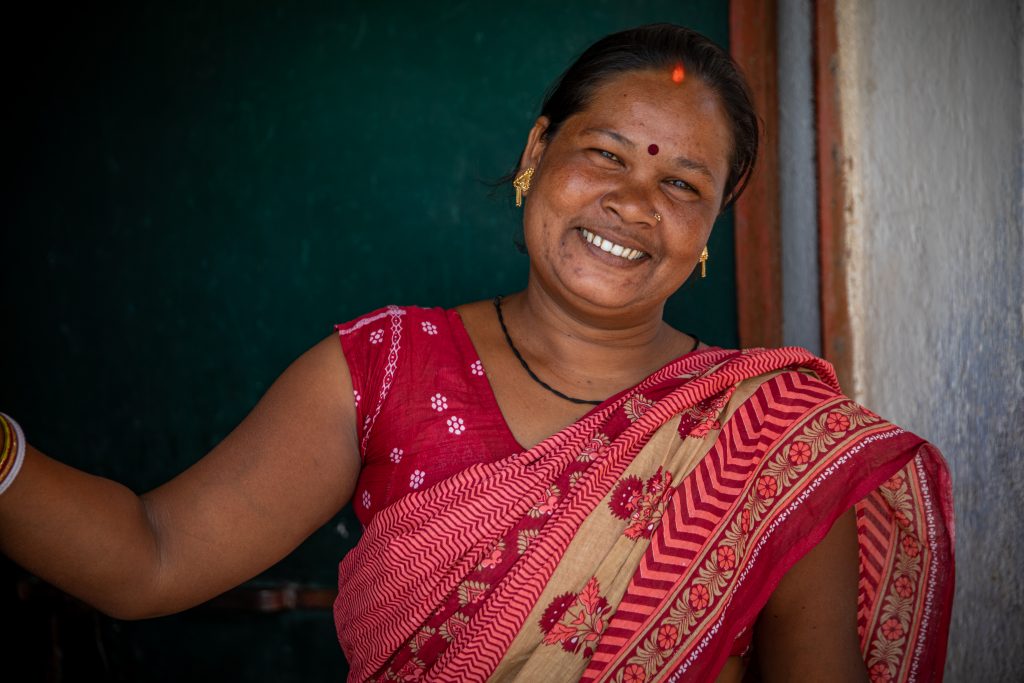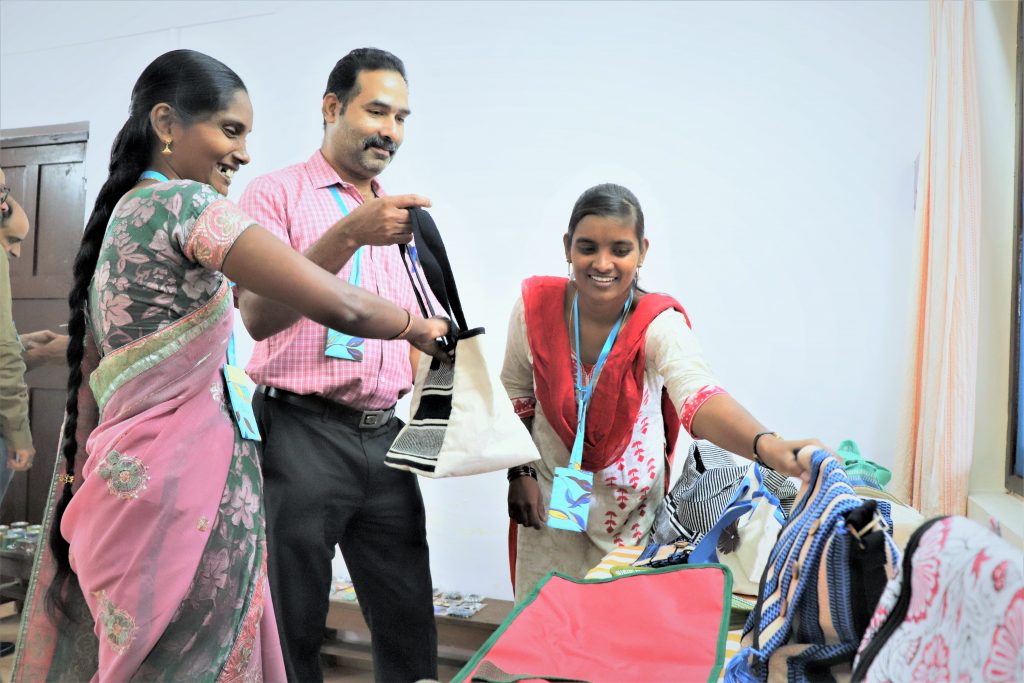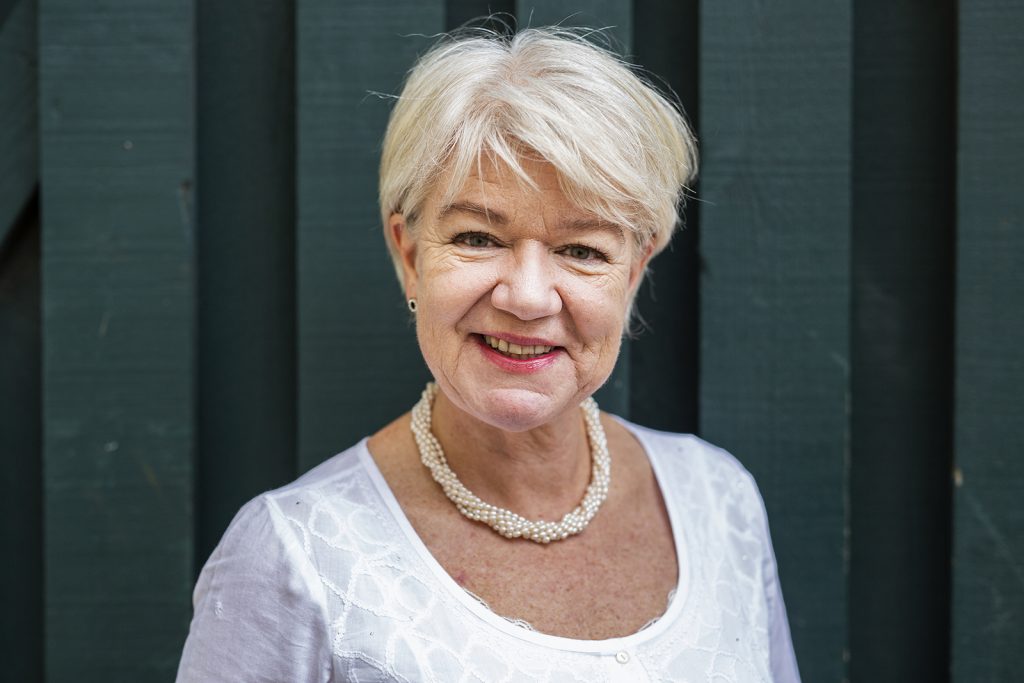India
IM started working in India in 1970. Initial activities were focused on supporting Tibetan refugees in close collaboration with His Holiness the Dalai Lama and his exile government. Having served for nearly 50 years in India, IM now strives to support and empower marginalised people in order for them to access their social, economic and civic rights.
IM in India
India’s economy might be the fastest growing economy in the world, but the gap between the rich and poor is constantly widening. Envisioning an equal participation, IM’s work in India along with its partners address multi-faceted development issues to ensure social and economic inclusion of the marginalised, women and youth, particularly living in rural areas.In India, the world’s largest democracy, women are still experiencing widespread discrimination and socio-economic, educational and political disadvantages. Women are to a large extent unable to access their right as equal decision-makers within the society.
Similarly, Indian youths are facing rampant issues of unemployment, poverty and fierce competition in the skilled labour sector. At the same time, civic space continues to shrink which is also directly affecting the urban and rural poor.
Different factors limit the opportunities for women and youths in India. Improper implementation of government schemes, lack of awareness on rights-based policies and insufficient information on livelihood programs in the hinterlands of India are some of these.
As a feminist change agent, IM ensures that all our partner programs become successful in mainstreaming gender equality. The many stories of women becoming decision makers bear evidence of the impact made at grassroots-level.
The program in India empowers youth to acquire capacities and gain opportunities whereby they can sustain their own livelihood. The partners’ programs develop their skills for employability, increase access to capital, technology and market.
IM recognises the need to step-up to its efforts on building capacities of the partners on environmental friendly practices and sustainable use of natural resources. IM has linked with UNDP for leveraging from their experience on climate adoptability at local level.
As a learning organization, IM also facilitates networking with Civil Society Organizations and take coordinated actions to raise their voices for a more democratic space. IM works with partners in 4 states in northern India.



